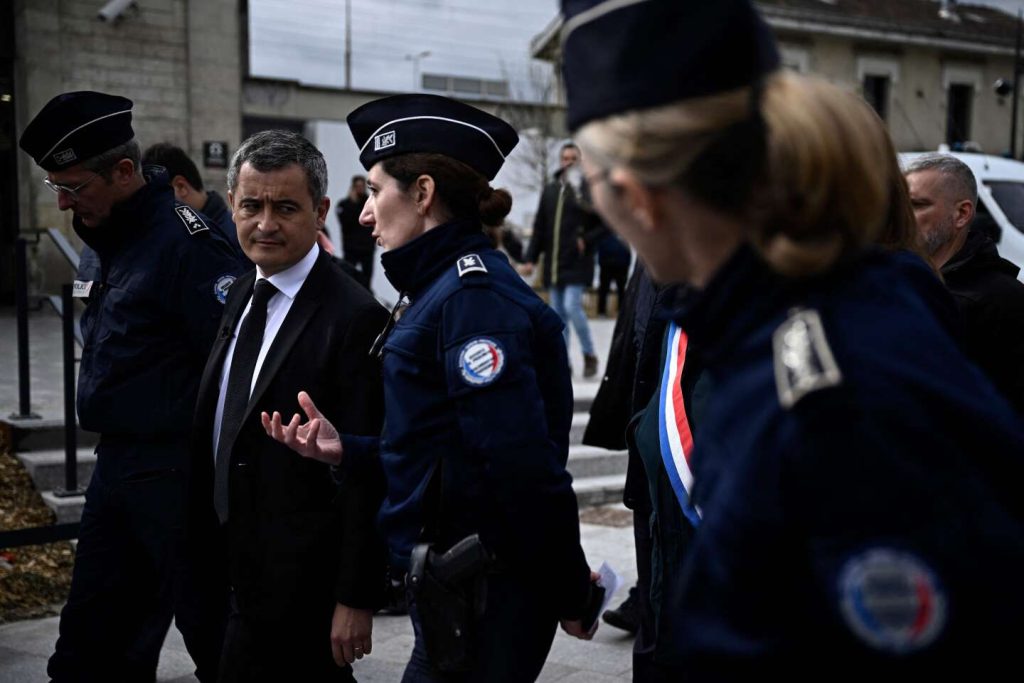The French Interior Minister, Gérald Darmanin, announced on Saturday 30th March that the government’s anti-drug operations called “Place nette XXL” have had a significant impact. Since their launch on March 19th, these operations have led to 1,738 arrests, the seizure of 150 kilograms of drugs, 2.4 million euros, and the mobilization of over 20,000 law enforcement officers. Darmanin stated that these operations will continue, with a focus on Paris and the surrounding region, where 33 anti-drug operations were conducted in five days, involving 3,600 police and gendarmes. A total of 319 people were placed in custody, and 800,000 euros in cash were seized.
President Emmanuel Macron, along with ministers Darmanin and Dupond-Moretti, visited Marseille on March 19th to launch the first anti-drug operation. This came in response to calls for a “Marshall Plan” to combat drug trafficking in Marseille, which has been labeled as the second city of France plagued by narcoterrorism. The juge d’instruction Isabelle Couderc, who coordinates Marseille’s seven investigating judges dealing with organized crime, expressed concerns about the state potentially losing the war against drug trafficking during a hearing before the Senate investigative committee. Macron pledged that ten more similar operations would take place nationwide in the following weeks.
However, the anti-drug operations have faced criticism from various quarters. Some actors on the ground have described them as ineffective and costly, with the Syndicat de la magistrature (a left-wing union) denouncing them as mere “pichenette operations” and arguing that they are not sufficient to tackle drug trafficking. The French Association of Investigating Magistrates also criticized the operations for mobilizing significant police resources without addressing the root causes of drug trafficking. Despite these criticisms, the government has vowed to continue and expand the anti-drug operations in France, with plans to launch three new operations starting Monday, bringing the total to nine.
The government’s anti-drug efforts have stirred debate and raised questions about their effectiveness in combating the pervasive issue of drug trafficking in France. The high-profile nature of these operations, coupled with the significant resources deployed, has drawn attention to the government’s approach to addressing drug-related crime. While some view these operations as important steps towards disrupting the drug trade, others have called for a more holistic strategy that focuses on prevention and addressing social and economic factors that contribute to drug trafficking. The ongoing discussions surrounding the “Place nette” operations reflect broader concerns about law enforcement tactics and the need for comprehensive solutions to complex social issues.
Overall, the government’s anti-drug operations have had tangible outcomes, leading to numerous arrests and drug seizures. However, concerns about the long-term impact and sustainability of these operations have been raised, with critics questioning their effectiveness in addressing the root causes of drug trafficking. Moving forward, it will be crucial for the government to consider a multidimensional approach that combines law enforcement efforts with prevention, education, and social support to effectively combat drug trafficking and its associated challenges in France. The evolving landscape of drug enforcement and policy will continue to be a topic of discussion and debate as stakeholders work towards finding comprehensive solutions to the complex issue of drug trafficking.


